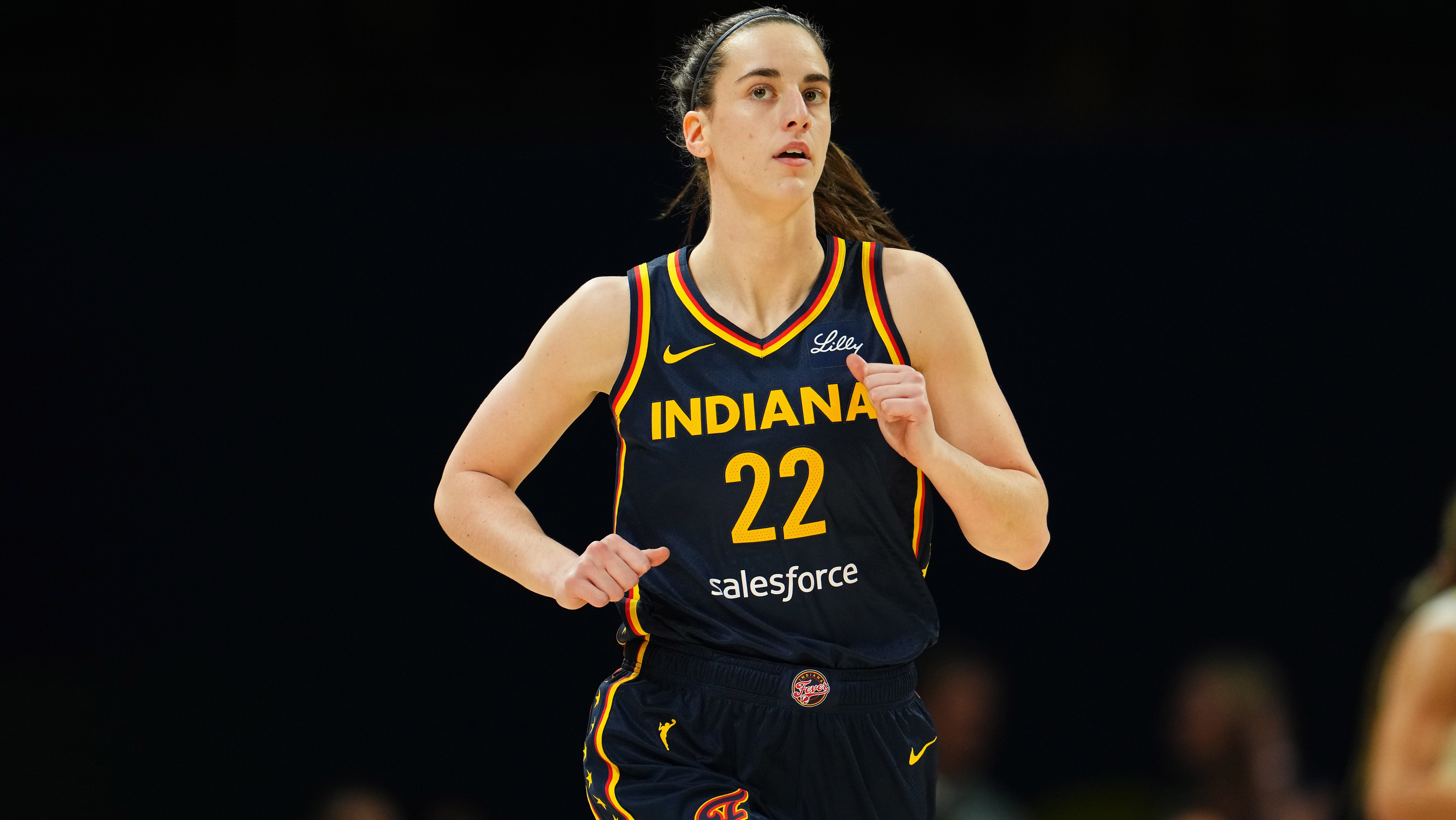Martin Fourcade regularly gives away his World Cup biathlon medals to fans after races.
But don't expect France's star biathlete to give away any bronze, silver or gold hardware that he wins at the Pyeongchang Olympics.
He's keeping those for himself.
"I love to give medals to the kids," Fourcade said with a smile at a news conference following a World Cup event. "It'the ones I have and the ones I hope to win. But for the World Cup it's more about sharing what we won with the people in the crowd."
The 29-year-old Fourcade has been the sport's most dominant competitor since the 2011-12 season, when he won the first of six straight World Cup total score championships. He won two golds and a silver at the Sochi Games in 2014 and remains the No. 1 biathlete in the world .
He already has more medals than any French Olympian in history and now, still largely in his prime, has a chance to leave South Korea as one of the most decorated athletes at this year's Winter Games.
Things to know about the biathlon at the Pyeongchang Games:
Sports
Patriots, Red Sox, Bruins, Celtics and more
WHAT IS IT: Skis and guns — say what? The biathlon combines the strength and speed of cross-country skiing with the marksmanship of shooting a rifle. Racers ski around a course with .22-caliber small-bore rifles strapped to their backs, then stop at a shooting range to shoot at targets 50 meters away. Athletes are penalized for misses, so the sport requires poise to settle the nerves following the exertion of energy from skiing. Skiers often train for the event without snow .
WHAT THEY'RE COMPETING FOR: There will be five men's, five women's and two mixed biathlon events at the Pyeongchang Games.
MEDAL FAVORITES: While Fourcade is the favorite for the men, don't count out Johannes Boe of Norway, who is second in the World Cup rankings and figures to be his biggest challenge. He is plenty capable of beating Fourcade on a good day. The women's side is a bit more crowded at the top, with Finland's Kaisa Makarainen currently atop the World Cup standings , and Germany's Laura Dahlmeier and Slovokia's Anastasia Kuzmina also in the hunt.
THE KING IS GONE: Like Elvis in music or Richard Petty in auto racing, Norway's Ole Einar Bjoerndalen is simply known as The King to those who follow the biathlon. The 44-year-old has won 13 Olympic medals — including eight golds — which is more than any man in Winter Olympics history. However, he failed to qualify for his seventh Olympic Games.
RISING STAR: Belarus' Darya Domracheva was a star in Sochi, winning three of the four women's individual events. It marked the first time a female biathlete had earned three gold medals in a single Winter Olympics. She's not quite at the top of her game but certainly thrives in pressure situations and can't be counted out.
ALL IN THE FAMILY: Bjoerndalen and Domracheva, by the way, are married, which means the couple can decorate their 1-year-old daughter Xenia's room with 16 Olympic medals in all. It's hard to imagine that girl not becoming a biathlete when she grows up.
TOUGH INJURY: Two-time biathlon world champion Gabriela Koukalova from the Czech Republic would have been considered one of the favorites, but a calf problem will keep her out of the Winter Games. That's a tough break for Koukalova and her country, considering she won two silver medals in Sochi. Koukalova said through the Czech Biathlon Union that she tried her best to return in time for the Olympics, but "unfortunately, I could not train as I had hoped. I'm very disappointed."
___
More AP Olympic coverage: https://wintergames.ap.org



